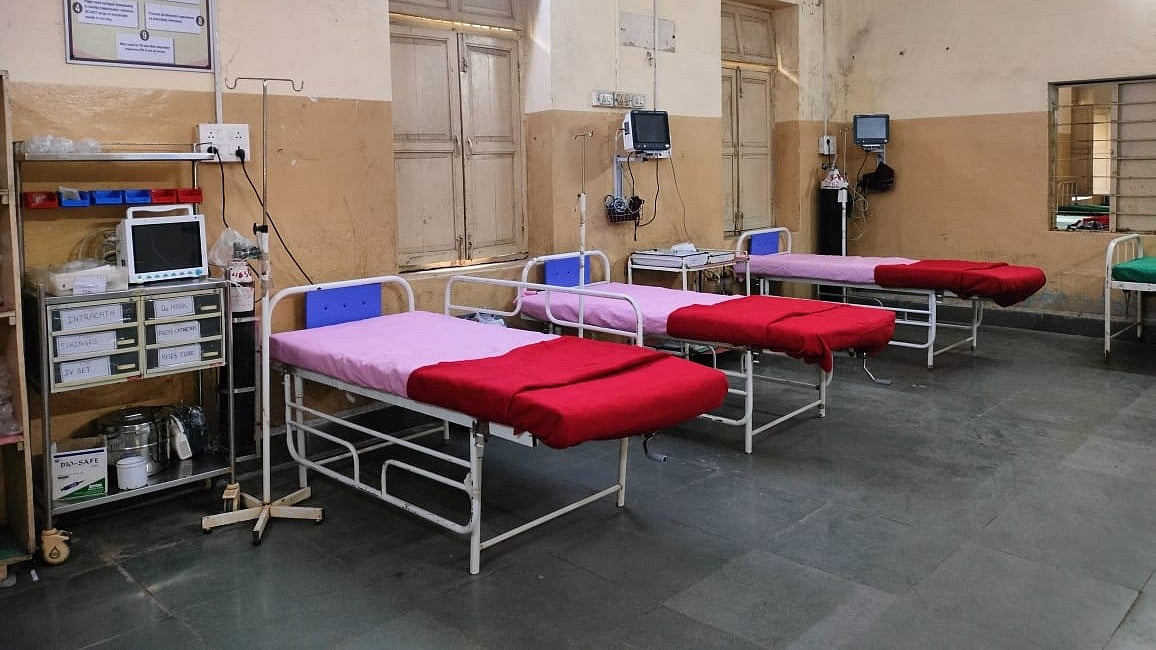Guillain-Barre Syndrome In Pune: 173 Patients Detected With GBS, Karve Nagar Man Dies In Hospital | Sourced
Another person with Guillain-Barre syndrome (GBS) died in Pune on Thursday. The number of GBS casualties now stands at six. The deceased was a 63-year-old resident of Karve Nagar. He was admitted to Kashibai Navle Hospital on January 28.
According to officials, the patient had reported symptoms like loose motion and lower limb weakness. However, the patient’s condition worsened on February 5 at around 2:30 PM, and an emergency treatment, cardiopulmonary resuscitation (CPR), was performed. Unfortunately, the patient succumbed to the disease at around 5:30 PM.
The GBS cases in Pune district have now risen to 173, with six reported fatalities due to the immunological nerve disorder. Of the total cases, 34 patients are from the Pune Municipal Corporation (PMC) area, 87 from newly added villages in the PMC area, 22 from the Pimpri Chinchwad Municipal Corporation area, 22 from Pune Rural, and 8 are from other districts. Out of these patients, 72 have been discharged till now, 55 are in ICU, and 21 are on ventilators, said the official.
House to house checks in Pune
The surge in cases has raised concerns among residents and health officials, prompting urgent measures, including the reservation of hospital beds, and helpline numbers have been launched by PMC (020-25501269, 25506800) and PCMC (7758933017) respectively.
To combat the virus, the civic body has initiated house-to-house surveillance activities. A total of 45,574 houses in PMC, 23,179 houses in PCMC, and 13,191 houses in Pune rural areas have been surveyed to date (total 81,944). 3,868 water samples from different parts of the city have been sent for chemical and biological analysis to the Public Health Laboratory. Samples from 37 water sources were found to be contaminated.
Common symptoms of GBS include sudden weakness or paralysis in the hands or legs, trouble walking, and prolonged diarrhea. Authorities have increased surveillance in affected areas.
To prevent further infections, citizens are advised to ensure good water quality by drinking boiled water, eating fresh and clean food, and avoiding the mixing of cooked and uncooked items.
